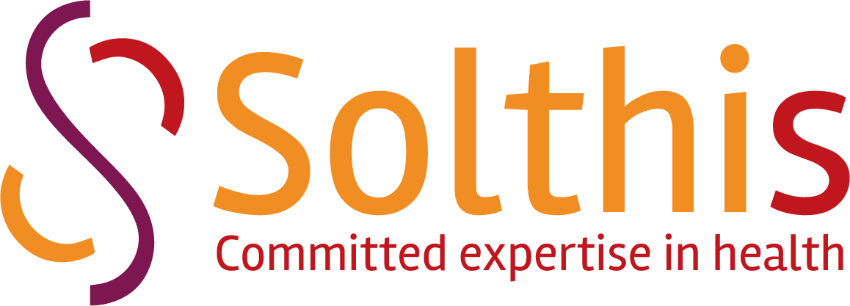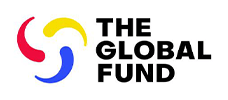May 2021 – May 2023
Mali
The reform of the health sector in Mali, comprising several strategic areas, is now the benchmark for both the government and technical and financial partners in the fight for better health in the country. With reference to this reform, Mali’s strategic vision is to ensure an integrated, effective, efficient, and sustainable response to HIV/AIDS, tuberculosis, and viral hepatitis in order to end these epidemics. Notable examples include the transition to the Integrated National Strategic Plan for HIV, Tuberculosis, and Viral Hepatitis. This single plan for the three epidemics is an innovation in terms of taking into account all needs and ensuring the correct and judicious distribution of resources in order to be effective in the field while maintaining real synergy between stakeholders.
Some figures
- HIV prevalence rate: 1.1% in the general population
- Epidemic concentrated among key populations:
Men who have sex with men (MSM): 12.6%;
Transgender: 11.7%;
Sex workers (SW): 8.7%;
Injecting drug users: 5.1%. - 10,000 cases of tuberculosis per year (estimate), only two-thirds of which are detected.
- Multidrug-resistant tuberculosis: 28 cases in 2016, 54 in 2020.
To support this reform and strengthen the fight against HIV and tuberculosis, the Global Fund to Fight AIDS, Tuberculosis and Malaria, one of Mali’s most important partners since 2005, has awarded Mali a new grant of US$162,137,776 over the next three years (2021-2023). It is within this framework that Solthis has been asked to support the implementation of this grant and contribute to the achievement of the objectives of the 2021-2025 National Strategic Plan for HIV, TB, and Viral Hepatitis (PSNI) in Mali.
Objectives
In line with the National Integrated Strategic Plan for HIV, TB, and Viral Hepatitis, Solthis’ intervention aims to contribute to improving HIV care in 37 priority sites belonging to different levels of the healthcare pyramid: University Hospital Centers, Regional Hospitals, Reference Health Centers (CSRéf) and indirectly in CSComs in the district of Bamako and in the regions of Kayes, Koulikoro, Sikasso, Ségou, and Mopti.
Continuing the work carried out in the previous phase of this grant (NFM2), Solthis will support the rollout of a multidisciplinary coaching approach to help improve the quality of HIV/AIDS care in the targeted healthcare facilities. The intervention will focus in particular on strengthening the package of HIV care services at different stages, from screening to long-term follow-up and suppression of viral load in patients, especially for the most at-risk populations: pregnant women, young people and adolescents, etc.
To continue the transition of the intervention at the national level and promote coordination, this work will heavily involve healthcare teams in healthcare facilities and will be carried out jointly with management teams from the CSLS-THB (Sectoral Coordination for the Fight against AIDS, Tuberculosis, and Hepatitis B), regions, and health districts, through collaboration with AMPRODE-Sahel and CRS for the tuberculosis component.
Activities
Train and supervise 400 coaches who will then be responsible for improving the quality of care, in conjunction with healthcare teams in healthcare facilities.
Strengthen the capacities of healthcare professionals (on viral load testing: sample collection, delivery of results, case management, monitoring and evaluation).
Beneficiaries
-
MSDS (Ministry of Health and Social Development)
-
CSLS-THB (Sectoral Coordination for the Fight against AIDS, Tuberculosis, and Hepatitis B)
-
ARCAD Health PLUS
Results
-
The capacities of healthcare professionals are strengthened for HIV care.
-
Retention (ability to remain in care) among people living with HIV is improved.





